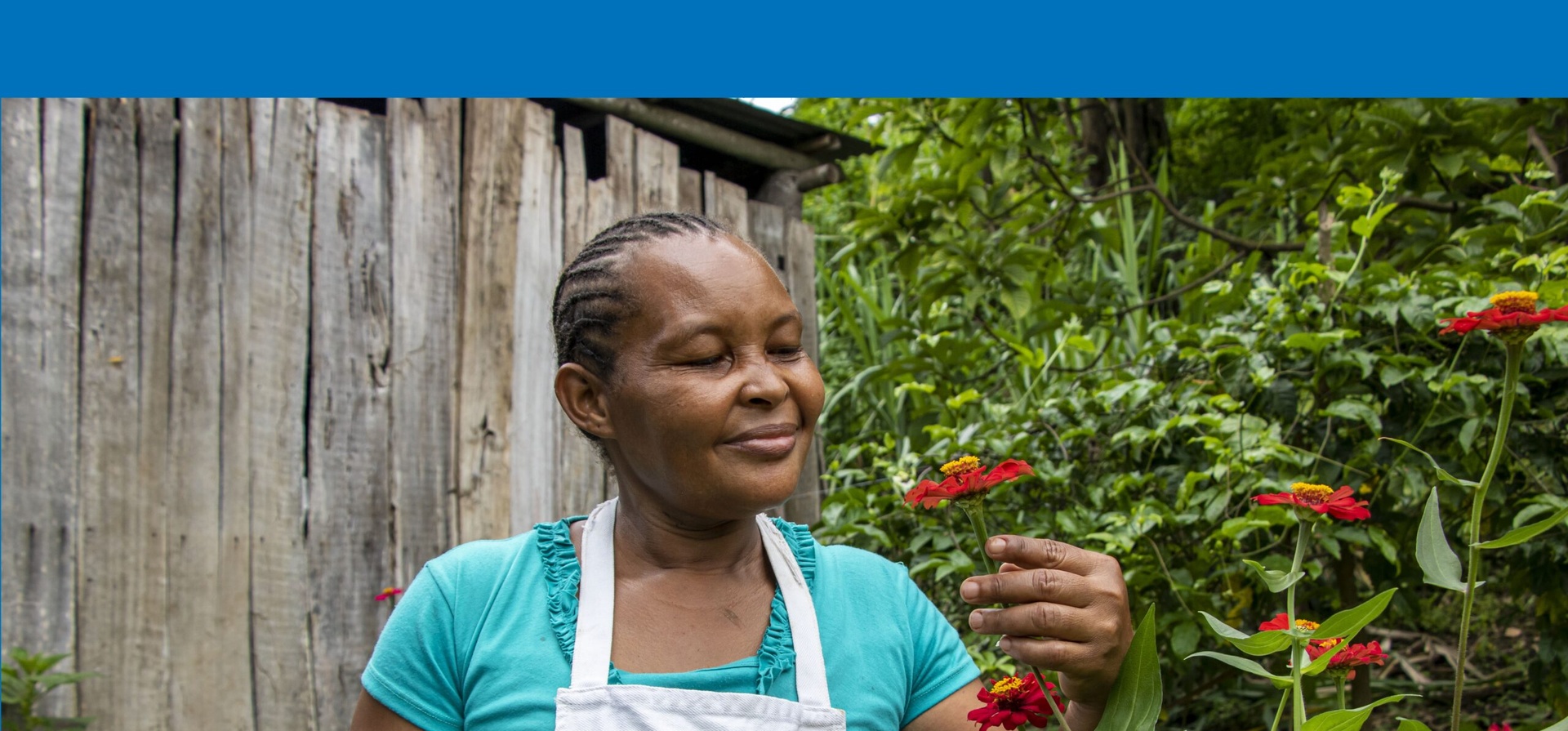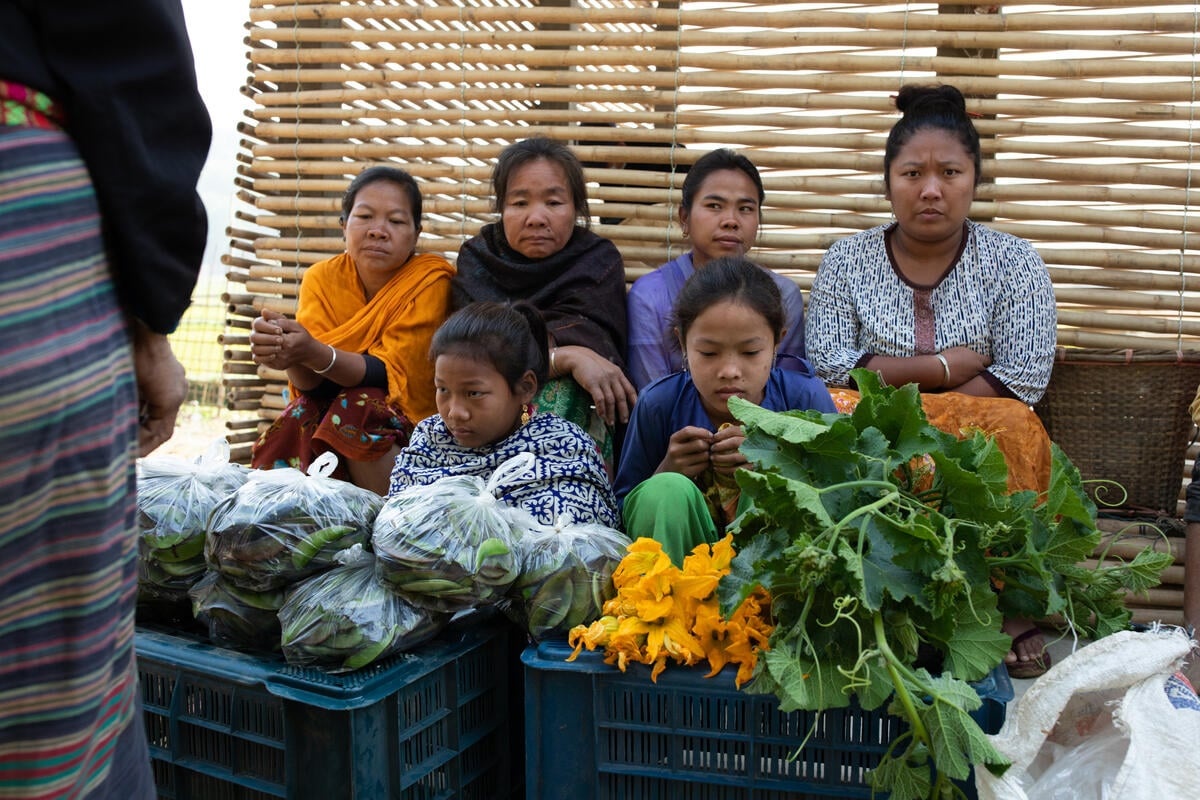Work : The Door to Dignity and Independence

Work : The Door to Dignity and Independence
Growing up in Colombia, Carmen always loved plants. Little did she know that her passion for flowers would give her a path to autonomy, integration and normalcy in Ecuador, where she now lives after being forced to flee her home.
After fleeing war or persecution, refugees are often denied the right to work. Yet, the very opportunity to work implies much more than having a roof over one's head and a safe place to sleep; it is one of the most effective ways for people like Carmen to rebuild their lives.
In a post-pandemic world, finding work is especially hard. That’s why UNHCR is going the extra mile, working hard with our partners to strengthen the resilience of the displaced.
Like 100 other families in the area, Carmen gets seedling kits from a germination centre run by the “Plant Your Food” project, one of the many livelihood initiatives promoted by UNHCR to help refugees. The project helps refugees become self-reliant by selling fruits and vegetables in local fairs while preserving the environment.
While growing corns, papayas, passion fruits and sugar canes dramatically improves Carmen’s income, it also does wonders for her mental health:
“My mind is kept busy; it is like therapy,”
she says as she dreams of buying a new house that could also double as a bakery.
Help improve refugees' livelihoods and support them to rebuild their lives!
How Does UNHCR Help to Promote Livelihoods?
UNHCR assists refugees living in a new community by advocating for their economic inclusion and helping them gain access to the labour market. Partnering with governments, humanitarian organizations, the private sector and civil society, we help refugees seize economic opportunities to work and earn a living so that they can rebuild their lives with dignity.
Agriculture and food security
Encourage refugees in rural areas to farm, feed themselves and improve their income.

Financial inclusion
UNHCR works with financial service providers and other partners to help refugees gain access to important financial services such as banking, so they can gain more control and independence for their lives.

Inclusive market systems
Adapted to support refugees to work in local markets.

MADE51
A global brand bringing refugee-made artisanal products to the global market. Check out the products!

Poverty alleviation coalition
Co-led by UNHCR and its partners, the coalition helps the poorest refugees to escape poverty.

Data and analysis
Collect and analyse the socio-economic data needed to enhance our programmes.

Why should refugees work?
|
|
Help improve refugees' livelihoods and support them to rebuild their lives!




